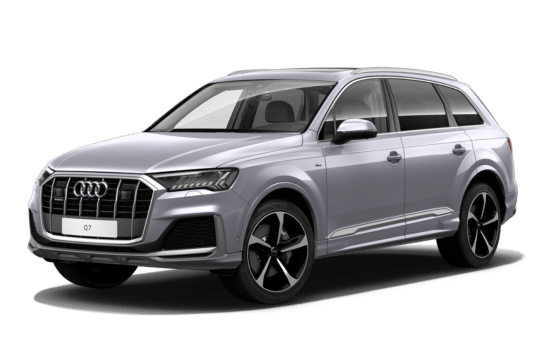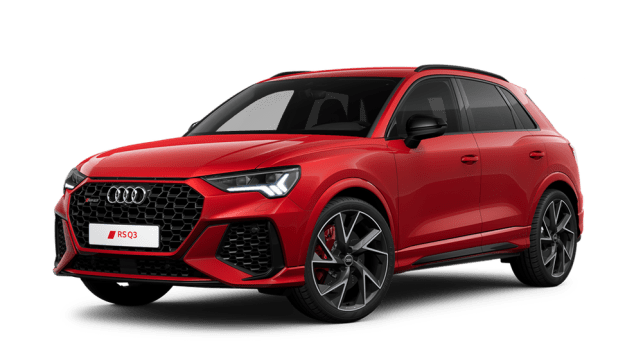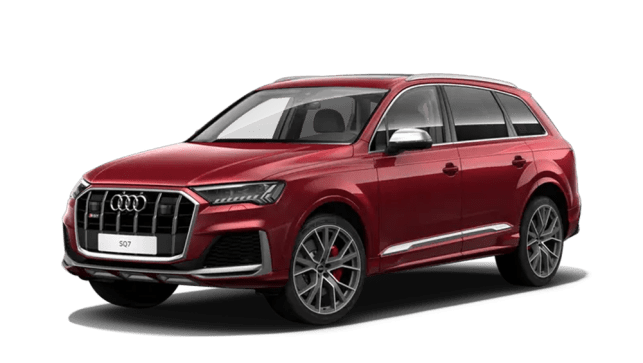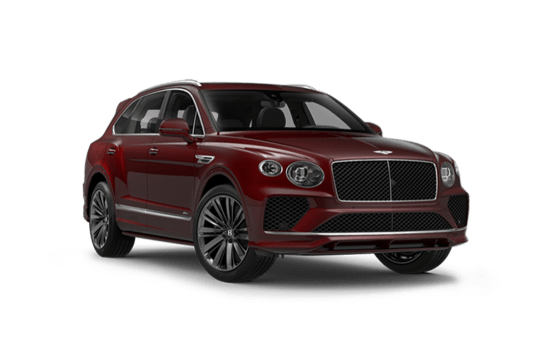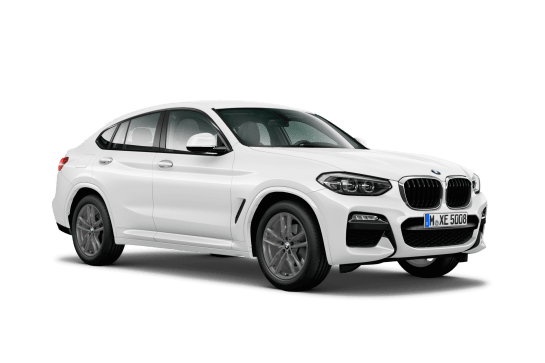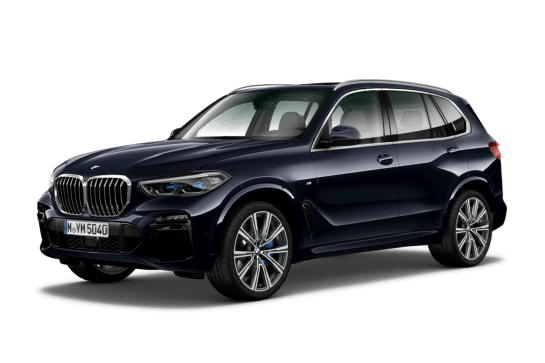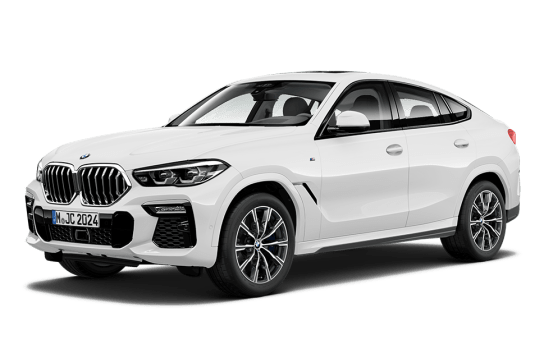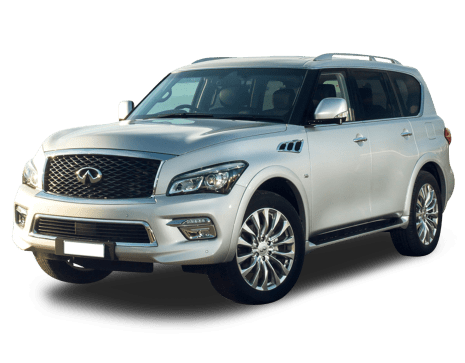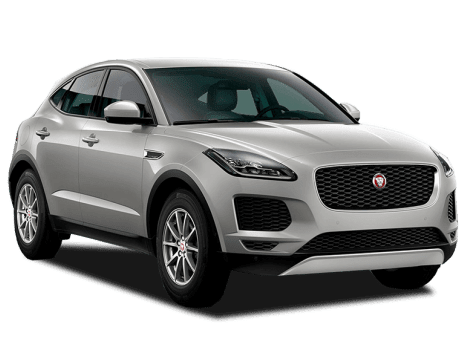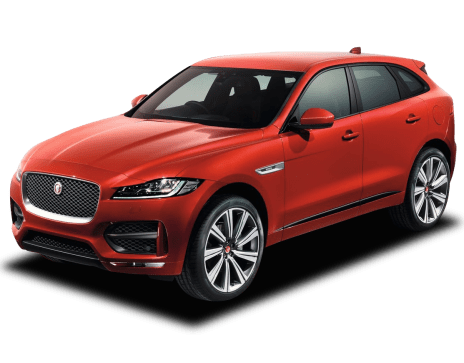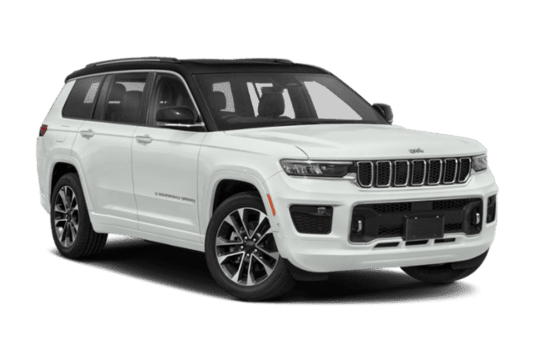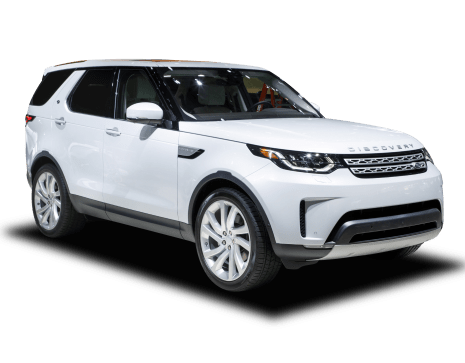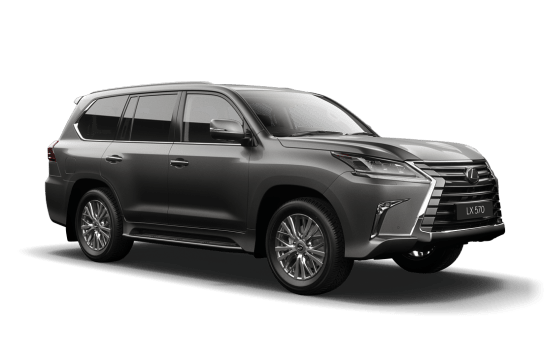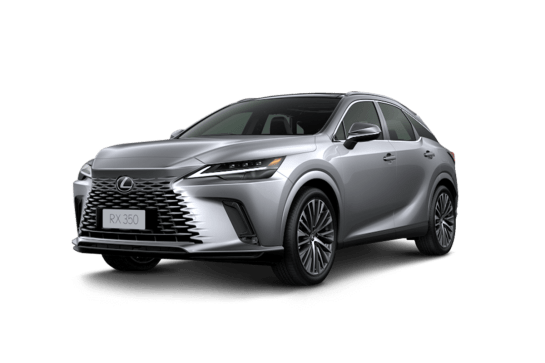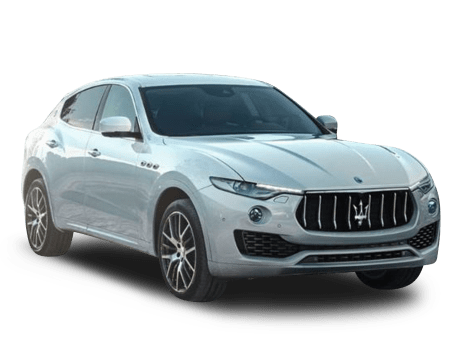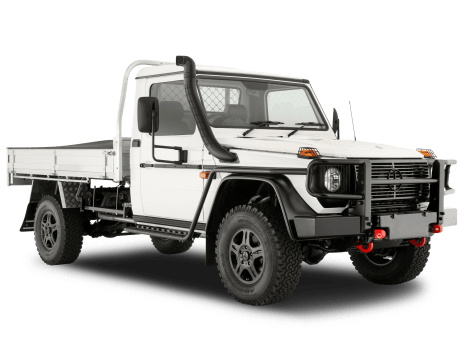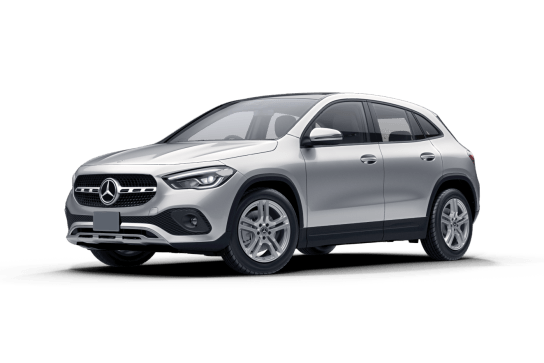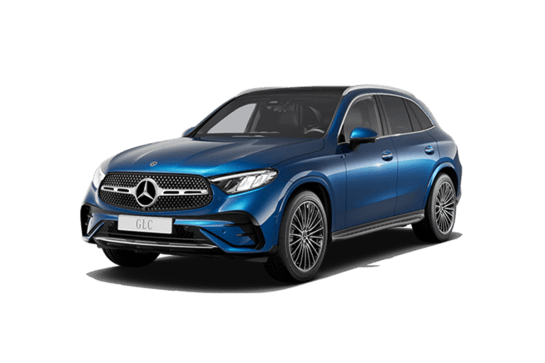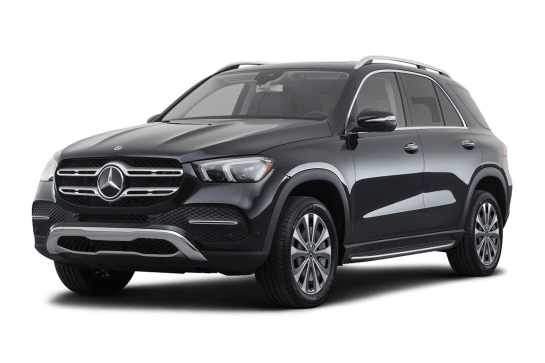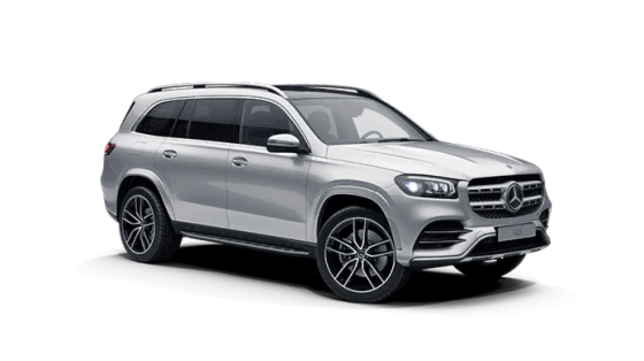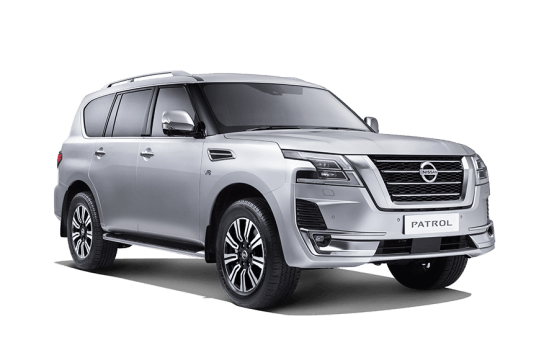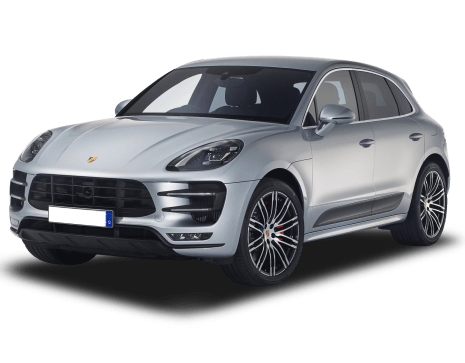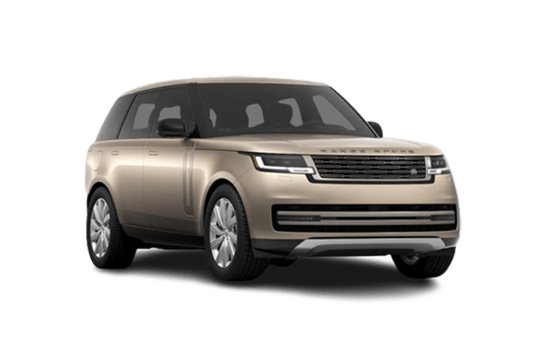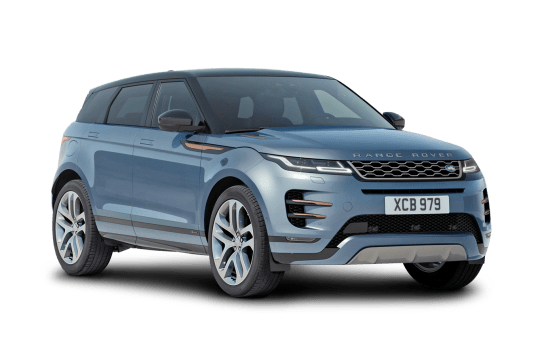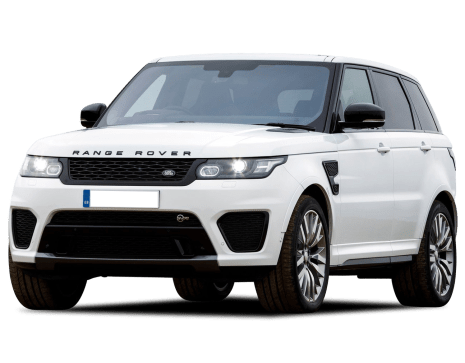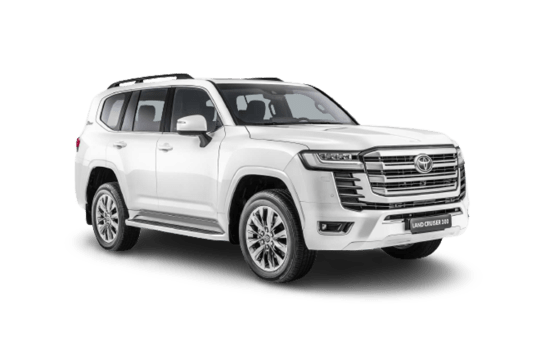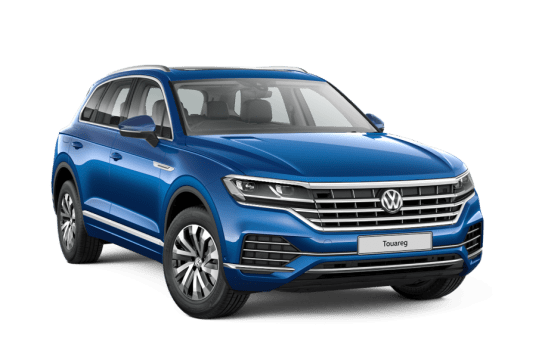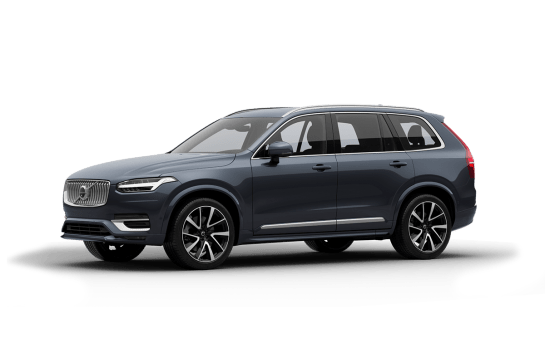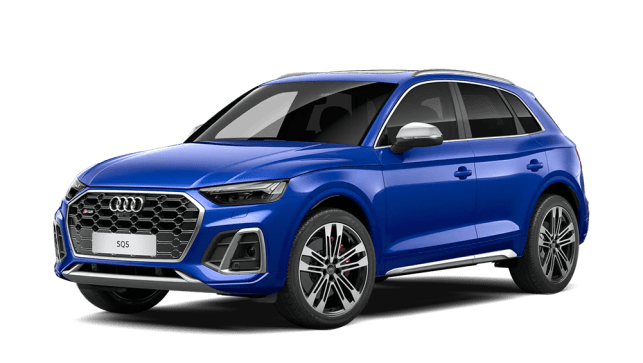
Audi SQ5 VS Nissan Patrol
Audi SQ5
Likes
- Big torque from turbo-diesel V6
- Comfortable and easy to drive
- Quick
Dislikes
- Rear legroom could be better
- Needs better cabin storage
- Three-year warranty only
Nissan Patrol
Likes
- Big V8
- Very comfortable on-road
- Very capable off-road
Dislikes
- Price jump
- Bit thirsty
- No ANCAP safety rating
Summary
Audi SQ5
Audi makes some mind-blowing cars. There’s the R8 which comes up to my knees and has a V10, or the RS6 wagon which is like a missile with generous boot space. The model, however, most Audi buyers purchase is the Q5.
It’s a mid-sized SUV, which means it’s basically the shopping trolley in the carmaker’s range. But like all things Audi, there’s a performance version, and that’s the SQ5. Audi launched its updated Q5 mid-sized SUV a couple of months ago and now the revised sporty SQ5 has thundered in.
| Safety rating | |
|---|---|
| Engine Type | 3.0L turbo |
| Fuel Type | Premium Unleaded Petrol |
| Fuel Efficiency | 8.7L/100km |
| Seating | 5 seats |
Nissan Patrol
The Nissan Patrol has copped flak in recent years because it hasn’t kept pace with its rivals in terms of modernity, specifically its in-cabin look, design and multimedia systems.
The new Y63 Nissan Patrol is due to go on sale in Australia before the end of 2025, but in the meantime, Nissan has upgraded the current-generation Patrol in an attempt to address those issues.
The Patrol range now has, among other things, an upgraded multimedia system with a larger 10.1-inch touchscreen, a 15W wireless smartphone charge pocket, Hema off-road mapping and it finally has Apple CarPlay and Android Auto.
Read more about
- How this car brand has turned itself around: Nissan bounces back on the resurgence of X-Trail e-Power hybrid as an alternative to the Kia Sportage and Toyota RAV4 Hybrid
- How long will this electric car pioneer be without an EV? No more Nissan Leaf production and Ariya hold-up may see Japanese brand without a rival for Tesla Model Y or MG4 in Australia for a while
- Why the Nissan Patrol Warrior didn't become a $200,000 V8 supercharged off-road weapon and instead focused on value to challenge the LandCruiser 300 Series GR Sport
There was a lot to like about the Patrol before this upgrade. Depending on the variant, you get seven or eight seats, a stack of standard features and this 4WD is a proven touring and towing platform. But has this latest range refresh given the Patrol even more appeal?
Read on.
| Safety rating | — |
|---|---|
| Engine Type | 5.6L |
| Fuel Type | — |
| Fuel Efficiency | 14.4L/100km |
| Seating | 7 seats |
Verdict
Audi SQ57.5/10
The SQ5 is the best version of a hugely popular SUV, and the turbo-diesel V6 provides a thunderously enjoyable and easy driving experience. The update has brought little in the way of new looks, and practicality remains an area where the SQ5 could be improved, but it’s hard not to appreciate this excellent SUV.
Nissan Patrol7.6/10
The Nissan Patrol is nice to drive on-road for a big 4WD wagon – it’s refined, it’s comfortable – and it’s a very capable 4WD.
This is a proven touring and towing platform – and the upgraded multimedia system brings the Patrol up to date and adds a much-needed tech boost to the package.
There’s a lot to like about the V8 and though the Patrol’s interior still feels old, if you can’t wait for the next-gen Patrol this upgraded version might be just right for you.
At this price, though, the Premcar-enhanced Warrior is the better bet.
Design
Audi SQ58/10
It might just be me but the Q5 seems to be the best looking SUV in Audi’s range. It doesn’t have the overly large and cumbersome appearance of the Q7, but it has more heft than a Q3. That ‘Tornado line’ which twists itself down the side of the car, with the wheels appearing to push up into the body at the guards, adds to the dynamic look.
The SQ5 looks even more athletic with its S body kit, red brake calipers and 21-inch Audi Sport alloy wheels.
The update has seen the grille restyled to be lower and wider, with a more complex honeycomb design, while the side sill trim has been redesigned, too.
SQ5 colours include, 'Mythos Black', 'Ultra Blue', 'Glacier White', 'Floret Silver', 'Quantum Grey', and 'Navarra Blue.'
The cabin is much the same as before, with the addition of Nappa leather upholstery as standard. While prestigious and well-appointed, the cabin styling has been the same since the arrival of this second-generation Q5 in 2017, and is beginning to show its age.
The SQ5 is 4682mm end-to-end, 2140mm wide and 1653mm tall.
Want more coupe in your SQ5? You’re in luck, Audi has announced that an SQ5 Sportback will be coming soon.
Nissan Patrol
The Nissan Patrol is 5175mm long (with a 3075mm wheelbase), 1995mm wide, 1955mm high and it has a kerb weight of 2861kg.
This bulky wagon takes up plenty of real estate and looks as impressive as you’d imagine rolling thunder to look on the road.
Though the range upgrades have mostly been limited to the multimedia system, that’s fine because – until the new Patrol arrives – the current Patrol has more than enough presence at rest and on the move to catch the eye, and not simply because of its sheer bulk.
Whereas the 300 Series has become a bit softer around the edges and, gulp, more contemporary, this generation Patrol at least retains some of the heavy-shouldered stature of 4WDs past.
Its interior, though slightly different to that of pre-upgrade versions, remains comfortably familiar, and I like it.
But even with new the tech offerings and the introduction of a few concessions to our charge-hungry generation, the Patrol’s cabin still feels old. I don’t mind it, but I’m sure there are some people who reckon the next generation can’t arrive soon enough.
Practicality
Audi SQ57/10
This mid-size, five-seater SUV could do a better job on the practicality. There’s no third-row, seven-seater option, but that isn’t our main gripe. Nope, the SQ5 is short on rear legroom, and cabin storage isn’t great.
Sure, I’m 191cm (6'3") tall and almost 75 per cent of that is legs, but I can sit pretty comfortably behind my driving position in most mid-sized SUVs. Not the SQ5, which is getting tight back there.
As for cabin storage, yes, there’s a decent-sized console box under the centre armrest and slots for keys and wallets, plus the front door pockets are big, but rear passengers again don’t get the best treatment with small door pockets. There are two cup holders back there, though, in the fold-down armrest and another two up front.
The boot’s 510 litres of luggage capacity is almost 50 litres less than the cargo space of the BMW X3 and Mercedes-Benz GLC.
Four USB ports (two in the front and two in the second row) are useful and so is the wireless phone charger in the dashboard.
Privacy glass, directional air vents for the third row and roof racks that now have cross members are great to see.
Nissan Patrol
The Patrol cabin is plush and comfortable, a nice blend of premium and practical.
Up front, it’s a well-appointed space – leather everywhere, as well as soft-touch, padded and durable surfaces – and the fit and finish is impressive.
You get a 10.1-inch touchscreen multimedia system (with wired and wireless Apple CarPlay and Android Auto), digital radio, steering-wheel-mounted everything and the front seats are power-adjustable (10-way for the driver, eight-way for the passenger).
There are plenty of storage spaces up front – including a deep centre console that can be used as a cooler box, little nooks for your wallet/keys/etc, as well as pop-out cupholders and door pockets. As well as enough USB points (USB-C, USB-A and a wireless charge pocket) to keep your devices powered up.
There are four 12V outlets (front, centre console, second row and rear luggage area).
The second row is very comfortable; when I sat behind my driving position I had head, shoulders and leg room. The second-row seats are a 60/40 split-fold configuration, with manual recline and fold function and a fold-down centre armrest.
For baby capsules or child seats, the two outer seats in the second row include a top tether point and ISOFIX anchors.
There are cupholders in the fold-down armrest as well as controls for the air con and two USB ports on the back of the centre console.
The third row is a 60/40 split-fold configuration with manual recline and fold function. There is one top tether anchorage point.
In terms of third-row seating comfort, it’s okay. There’s room enough for a Hobbit like myself, but the seats are flat and unsupportive.
All three rows get air con – there are roof-mounted vents – and there are a few handy storage spaces in the third row, but no cupholders.
With the third-row seats in use boot space is listed as 467L. With the third row stowed away, there’s a claimed 1413L of cargo space. With the second and third rows stowed, there’s a claimed 2623L, which is plenty.
Price and features
Audi SQ58/10
The SQ5 lists for $104,900, making it $35K more than the entry-grade Q5 40 TFSI. Still, the value is good considering this king-of-the-range is loaded with features, including an armful of new ones coming with this update.
New standard features include, matrix LED headlights, metallic paint, a panoramic sunroof, acoustic glazing, Nappa leather upholstery, an electrically adjustable steering column, a head-up display, a 19-speaker Bang and Olufsen stereo, and the roof racks now come with cross members.
That’s along with the standard features which came on the SQ5 previously such as, LED DRLs, three-zone climate control, a 10.1-inch media display, 12.3-inch digital instrument cluster, Apple CarPlay and Android Auto, wireless charging, 30-colour ambient lighting, digital radio, power adjustable and heated front seats, privacy glass, 360-degree view camera, adaptive cruise, and auto parking.
The SQ5 also gets the sporty S exterior body kit with red brake calipers, and the interior also has S features such as sports seats with diamond stitching.
Of course, the SQ5 is more than just a cosmetic pack. There’s sports suspension and that magnificent V6, which we’ll get to soon.
Nissan Patrol
The Ti-L has a manufacturer suggested retail price (MSRP) of $101,600, excluding on-road costs.
One of its chief rivals, the Toyota LandCruiser 300 Series Sahara, has a price-tag of approx. $138,191, before on-road costs, so right there is a saving of almost $40,000.
The new price-tag means buyers are forking out $3000 more for the new gear over a standard non-upgraded Patrol.
Standard features now include the new 10.1-inch touchscreen multimedia system (with wired and wireless Apple CarPlay and Android Auto), digital radio, built-in navigation, a 15W wireless smartphone charge slot, as well as three-zone climate-control, front and rear parking sensors and a power-operated tailgate.
It also has 10-way driver seat with power slide/recline/height/tilt/lumbar adjustment, driver’s seat memory (with two settings, including side mirrors and steering column), eight-way front passenger seat (with power slide/recline/height adjustment) and heated/cooled front seats.
Again, compared with Toyota LandCruiser 300 Series Sahara, the Patrol offers just as much onboard gear for considerably less money.
Exterior paint choices on the Ti-L include the no-extra-cost 'Gun Metallic' or premium paint jobs: 'Brilliant Silver', 'Black Obsidian', 'Champagne Quartz', 'Hermosa Blue' and 'Moonstone White'.
Under the bonnet
Audi SQ58/10
The SQ5's 3.0-litre, turbo-diesel V6 is a development of the engine that was in the Special Edition SQ5 from the previous model, now producing 251kW from 3800-3950rpm, and 700Nm from 1750-3250rpm.
This diesel engine uses what’s called a mild-hybrid system. Don’t mistake this for a petrol-electric hybrid or a plug-in hybrid because it’s nothing like them, but more an auxiliary system for electrical storage which can restart the engine, which shuts down during coasting.
Shifting gears is an eight-speed automatic, and of course drive goes to all four wheels. Claimed 0-100km/h for the SQ5 is 5.1 seconds, which should be more than enough to help you out when that lane ahead runs out. And towing capacity is 2000kg for a braked trailer.
Is there a petrol variant? There was one in the previous model, but for this update Audi has only released this diesel version so far. That’s not to say a petrol SQ5 won’t appear later. We’ll keep our ear to the ground for you.
Nissan Patrol
The Patrol has a 5.6-litre V8 petrol engine – producing 298kW at 5800rpm and 560Nm at 4000rpm – a seven-speed automatic transmission and it has seven seats. (The only other standard Patrol variant, the Ti, has eight seats.)
This is a solid combination, but it lacks a dynamic edge, which is fine with me because it yields a driving experience that’s equal parts relaxed, assured and undemanding.
The big petrol V8 is great. There’s so much grunt on tap, making for a lively on-road drive, and all the while the rumble of that engine, especially under right-foot pressure, provides a welcome soundtrack to your day.
The Patrol has full-time four-wheel drive with high- and low-range.
Efficiency
Audi SQ57/10
The Aussie launch didn’t give us a chance to test the SQ5's fuel consumption, but Audi reckons after a combination of open and urban roads the 3.0-litre TDI should return 7.0L/100km. That sounds like ridiculously good economy, but it’s all we have to go on for now. We’ll put the SQ5 through some real-world testing soon.
While the mild-hybrid system does contribute to fuel saving it would be much better to see a plug-in hybrid Q5 on sale in Australia. An e-tron EV version would be even better. So, while the diesel is efficient, consumers need more environmentally sound choices for this popular mid-sized SUV.
Nissan Patrol
The Nissan Patrol has an official fuel consumption of 14.4L/100km (on a combined, urban/extra-urban cycle).
I recorded 20.9L/100km on this test. I did a lot of high- and low-range 4WDing – but the Patrol was never working hard.
The Patrol has a 140L fuel tank so and going by my on-test fuel-consumption figure you could reasonably expect a driving range of about 670km from a full tank.
Driving
Audi SQ58/10
If I had to choose the best thing about the SQ5, it’s the way it drives. This is one of those cars that feels like you’re wearing it rather than driving it with the way it steers, the smooth eight-speed auto shifts, and the engine responds.
Like a low-flying army helicopter - voomp-voomp-voomp. That’s what the SQ5 sounds like at 60km/h in fourth, and I love it. Even if the sound is enhanced electronically.
But the oomph is completely real. The 3.0-litre, turbo-diesel V6 is a development of the engine that was in the Special Edition SQ5 from the previous model, but it’s better because the 700Nm of torque now comes in lower, at 1750rpm. Power output is also a smidge higher at 251kW.
Just don’t expect the SQ5 to be brutally dynamic, it’s not a Mercedes-AMG GLC 43. Nope, it’s more grand tourer than super SUV with colossal torque and a comfortable ride. It handles impressively, but the SQ5 seems more at home on gentle country roads and highways than switchbacks and hairpins.
My drive route took in only a small amount of city running, but the SQ5’s ease of driving made traffic as stressless as stressful peak hour traffic can be.
Nissan Patrol
The Patrol is a tried and tested 4WD, but it’s also an impressive open-road tourer.
The auto is a smooth shifter and when you give the throttle firm and steady right-foot pressure the Patrol rumbles up to speed with an almost-lazy efficacy.
Ride and handling are nicely controlled and composed, on sealed surfaces and that’s carried over onto dirt – which I’ll get to soon.
Its upright cabin stands tall, affording the driver ample visibility, and the Patrol’s expansive bonnet only impacts driver visibility when you head off-road – but more about that later.
The Patrol is refined and comfortable and yields a relaxed driving experience.
It has independent suspension – double wishbones and coil springs at every corner – as well as the Nissan’s 'Hydraulic Body Motion Control' system, a network of hydraulic cylinders cross-linked between wheels, which works like a swaybar/swaybar disconnect.
This system automatically alters tension to suit the terrain (tightens on-road to keep the Patrol more controlled on firmer surfaces, such as blacktop; loosens off-road allowing for more flex in the suspension when you’re 4WDing).
Let’s not forget the V8. There's nothing like that growl as a backing track to whatever trip you’re doing and you've always got that throaty engine note as your own personal theme music. Just to put a bit of pep in your step.
It really is a beast of a thing and it is fun to drive. You might pay the price with fuel bills if you enjoy tapping that accelerator with gusto, but, geez, it's worth it.
However, it’s when you get properly engaged in low-speed, low-range 4WDing that the Patrol is truly at home.
There’s no getting past the fact this Nissan wagon is a great touring platform and it’s also an impressive tow vehicle. There's no disputing those things, but it is a big vehicle and while it doesn’t feel as nimble as some other large SUV wagons, at least initially, it quickly becomes easier to drive the more time you spend in it.
It does take a little bit of getting used to if you haven't driven a Patrol before, but I have, many times, so it's quite comfortable and familiar to me.
Steering has a nice feel and weight to it when you’re doing low-range four-wheel driving – and it’s when low-speed, low-range four-wheel driving is when you really need precision and the ability to laser-focus your driving lines.
Throttle response is not touchy over bumps and sharp as long as you’re enthusiastic with it, and the auto transmission is just as cluey off-road as on. However, it can get caught out up hills, holding higher gears for too long, but otherwise it's okay.
There's an overall feeling of control to the Patrol. And again, while it is a large 4WD, it’s easy to drive well and to take on quite hardcore four-wheel driving terrain.
Drive with some consideration of its sheer physical dimensions and you’ll be fine. It’s comfortable and very capable; the result of a combination of traditional-style 4WD mechanicals, plenty of low-down torque and quietly effective driver-assist tech.
The Patrol Ti-L has selectable drive modes for off-road conditions and they include 'Snow', 'Sand' and 'Rock' and they tweak the traction control system, engine response and throttle with the aim of getting the Patrol to perform optimally on the chosen surface.
It has full-time 4WD with high- and low-range and, while it doesn't have the low-down torque of something like the 300 Series, it has plenty of grunt when it counts. There’s ample torque for smooth-momentum 4WDing and the big petrol V8 keeps things ticking along without any stress.
Beyond the very effective off-road traction control system and the great low- and mid-range torque, you also have a rear diff lock. So if things get that difficult, you can always engage it.
The Patrol has plenty of wheel travel, helped somewhat by its aforementioned swaybar-disconnect system, and that articulation helps it stretch a tyre to the dirt for all-important traction.
Off-road driver-assist tech (hill descent control, hill start assist etc) is non-intrusive and effective.
But it’s not all the best of news onboard the Patrol.
It feels quite low when you’re driving it over challenging terrain. Ground clearance is 273mm (compared to the 300 Series' 235mm) and approach, departure and rampover angles (28, 26.3, and 24.4 degrees) are par for the course for a large 4WD wagon with a wheelbase this lengthy.
But, while those measurements check out, that feeling of the Patrol being vulnerable to underbelly scrapes and knocks lingers.
Wading depth is listed as 700mm and, while I didn’t get the chance this time to test that limit (the usual mudholes were dry), I’ve driven through plenty of mudholes in this generation Patrol in the past.
As mentioned, the Patrol has an upright cabin, which offers plenty of visibility, but the expansive bonnet impacts the driver’s vision at the front, especially when driving over, for example, a steep crest into a dry creek bed.
As always, when faced with such a situation it’s best to get out of the vehicle and take a look.
The Patrol’s tyres – Bridgestone Dueler 693II all-terrains (265/70R18) – are perfectly reasonable on-road, but aren't well-suited to hardcore 4WDing.
As always with less-than-ideal off-roading rubber, if you're going to ask more of your Patrol than the occasional gentle drive along well-formed dirt tracks in dry weather, it's a good idea to replace the standard tyres with a decent set of aggressive all-terrain tyres.
I've tow-tested with many Patrol variants over the years, so it’s worthwhile noting the towing capacities which are 750kg (unbraked) and 3500kg (braked), so standard for this size of 4WD.
Safety
Audi SQ58/10
The Q5 was given the maximum five-star ANCAP score when it was assessed in 2017, and the SQ5 carries the same rating.
Coming standard is AEB, although it’s the city-speed type which works to detect cars and pedestrians at up to 85km/h. There’s also rear cross-traffic alert, lane keeping assistance, blind spot warning, adaptive cruise control, auto parking (parallel and perpendicular), 360-degree camera view, front and rear parking sensors, and eight airbags.
For child seats there are two ISOFIX points and three top tether anchor mounts across the rear seat.
Nissan Patrol
The Nissan Patrol does not have an ANCAP safety rating because it has not been tested.
Safety gear includes AEB, a reversing camera, adaptive cruise control, forward collision warning, rear cross-traffic alert, lane departure warning, blind-spot monitoring and more.
As standard it has dual front airbags, front-side and curtain airbags that cover all three rows, as well as two ISOFIX points and two top tether points in the second row for baby capsules/child seats.
Ownership
Audi SQ56/10
Audi refuses to budge on its three-year/unlimited kilometre warranty, despite other prestige brands such as Genesis, Jaguar, and Mercedes-Benz going to five-year/unlimited km coverage.
As for servicing, Audi offers a five-year plan for the SQ5 costing $3100, covering every 12 month/15000km service over that time, for an annual average of .
Nissan Patrol
The Nissan Patrol has a five-year/unlimited kilometre warranty, and comes with five years of roadside assistance. At a time when warranties are stretching to 10 years, five years is a let-down.
Servicing is scheduled at 12 month/10,000km intervals, and capped price service rates apply, averaging about $600 a year over the full warranty term – but check with your dealership for up-to-date servicing costs.


